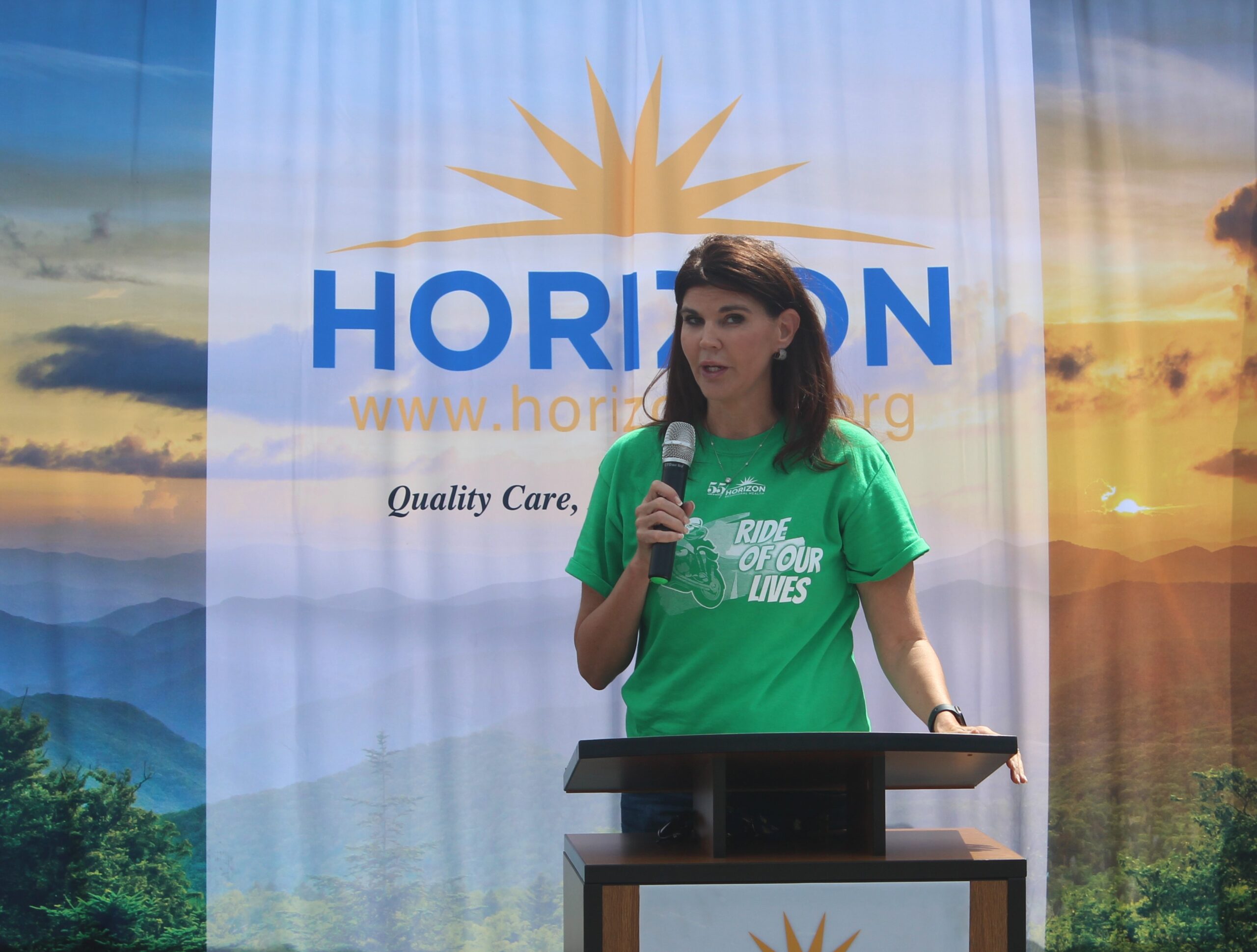
The discontinuation of labor and delivery services at Evanston Regional Hospital in December 2024 has raised significant concerns regarding access to prenatal and maternal health care in southwestern Wyoming. The hospital, which served as a regional hub for maternity care, had been a critical resource for expectant mothers across the area.
The closure has forced many residents to seek care far from their homes, often traveling considerable distances to access essential prenatal services and safe delivery options. This change poses an especially acute challenge in a rural state like Wyoming, where alternatives may be limited and weather conditions or transportation options can be barriers to consistent care.
Local healthcare providers and public health officials are warning of potential negative health outcomes due to delayed or reduced access to care. Experts emphasize that timely prenatal visits and proximity to labor and delivery services are essential for the health of both mothers and infants, and the lack of local options could lead to increased risks during pregnancy and childbirth.
The situation has prompted community discussions on alternative care models, such as telemedicine and the expansion of midwifery and mobile maternal services. However, these solutions may not fully replace the need for in-person, hospital-based labor and delivery care, particularly in emergencies.
While hospital administrators have cited staffing shortages, patient volume, and financial viability as primary reasons for the decision, local leaders and healthcare advocates are calling for state and federal support to ensure that rural populations are not left without critical maternal health services.
This development highlights a growing trend across rural America, where small hospitals are struggling to maintain specialty services — posing serious implications for rural health equity and maternal outcomes nationwide.
Source: https:// – Courtesy of the original publisher.








